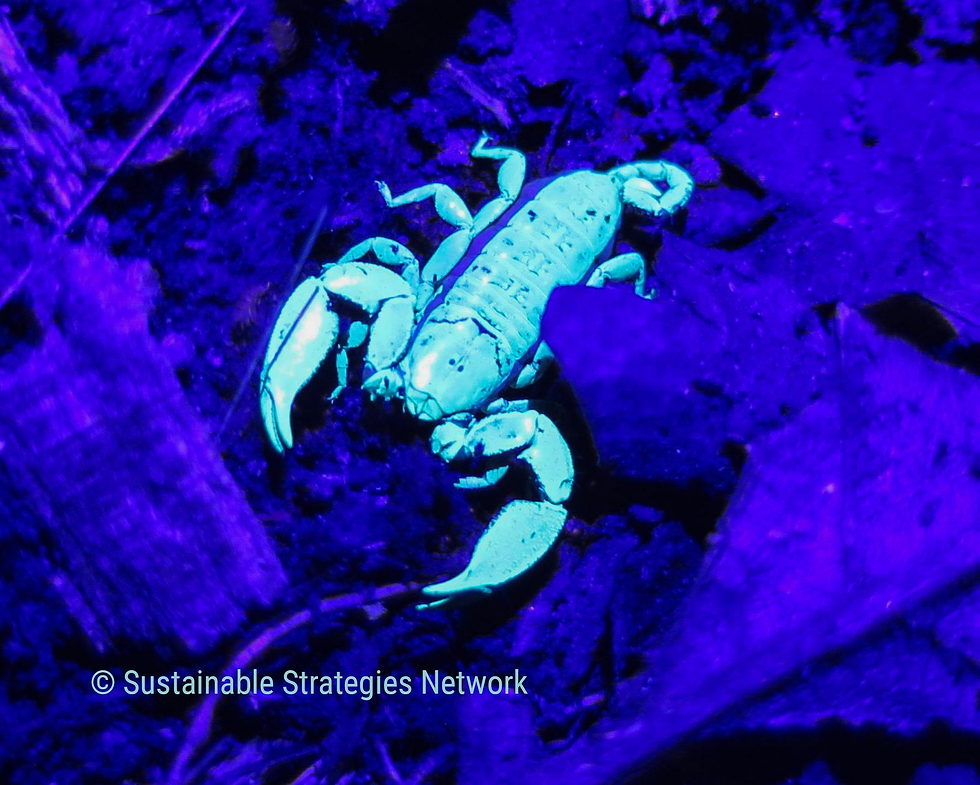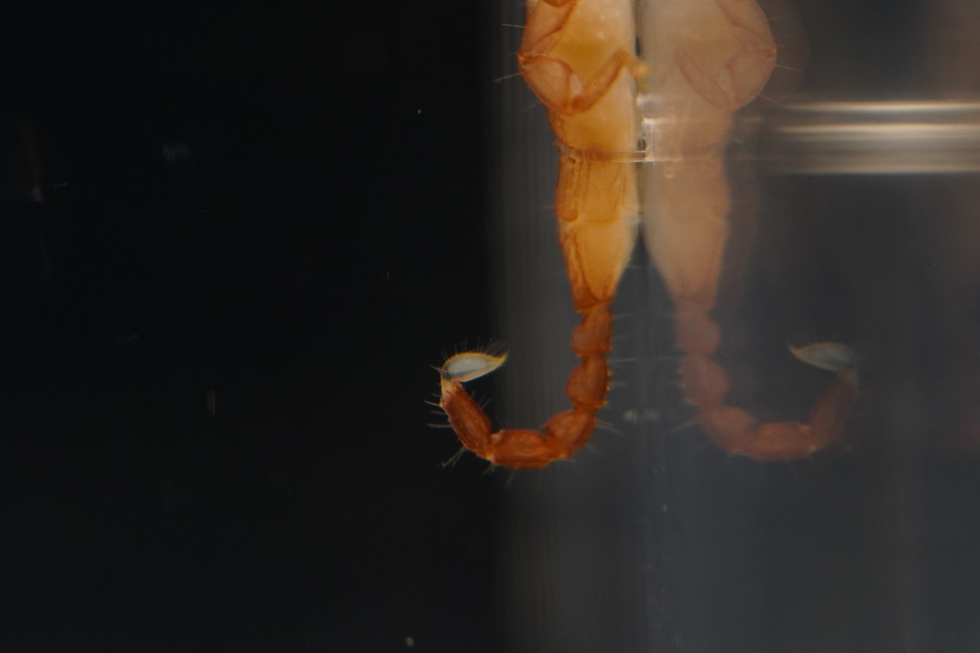Parthenogenesis, which can be literarily translated as “virgin birth”, is an asexual type of reproduction in which an organism can have offspring without mating.😮
It is nearly absent within vertebrates🐾, but is encountered more frequently within invertebrates, with for instance over 80 families of insects🐜 using parthenogenesis for their reproduction, and within plants🌱. It is also quite infrequent within arachnids🕷️, and in scorpions🦂, which include about 2,000 species worldwide, only 15 species have been identified as using this type of reproduction.
One of these is the Dwarf Wood Scorpion (𝘓𝘪𝘰𝘤𝘩𝘦𝘭𝘦𝘴 𝘢𝘶𝘴𝘵𝘳𝘢𝘭𝘢𝘴𝘪𝘢𝘦 (Fabricius, 1775)) which is found through Asia and Oceania. While the females are commonly encountered, the males are extremely rare, and known only from a few specimens collected in Oceania. The absence of males in the populations is one of the reasons why this species is considered as using such a reproduction type.

Some studies have shown that, in the laboratory🔬, the females produce only females, but no males. The gestation period is as long as in humans, taking between 8 to 10 months, but once born, juveniles (females) are sexually mature after 15 months, generating more females.

This species occurs in Hong Kong, but your best chance to observe them is during night time🌙, when females go out foraging on small arthropods. The species is especially common in the Tai Po Kau Nature Reserve and the HKBM collection has one specimen sampled in that area in 1975. If you see them, no worries, these 2-3 cm long scorpions are no danger to humans due to their small size and really small stinger. 😉


Comments